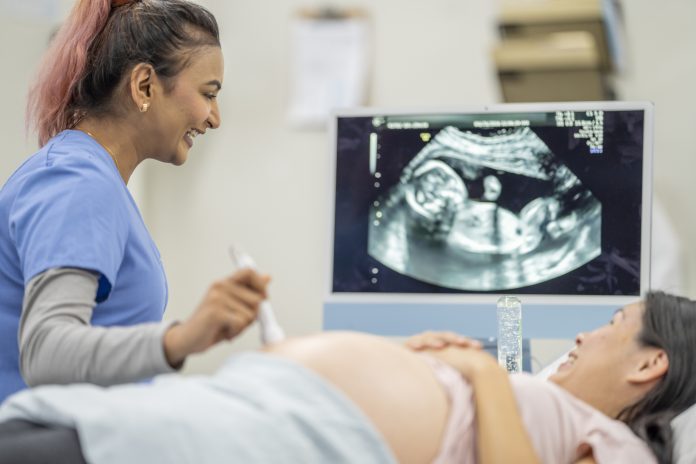Gestational carriers, also known as surrogates, face significantly higher risks of severe maternal morbidity and adverse pregnancy outcomes compared to women who conceive naturally or through in vitro fertilisation (IVF)
The study, conducted by researchers from Queen’s University in Kingston, Canada, analysed 937,938 singleton births in Ontario between 2012 and 2021. The outcomes for unassisted conceptions, IVF conceptions, and gestational carriers were compared, showing marked differences among the groups.
The risk for gestational carriers
Gestational carriers had a maternal morbidity rate of 7.1%, compared to 2.4% for unassisted conceptions and 4.6% for IVF conceptions. Specific complications such as postpartum haemorrhages and hypertensive disorders were notably higher among gestational carriers. Postpartum haemorrhages occurred in 13.9% of gestational carriers, compared to 5.7% in unassisted conceptions and 10.5% in IVF conceptions. Hypertensive disorders affected 13.9% of gestational carriers, compared to 6.6% in unassisted conceptions and 11.6% in IVF conceptions.
“There are several potential mechanisms that might explain the increased risk of severe maternal morbidity among gestational carriers,” said Marina Ivanova, the study’s lead author. These mechanisms include differences in baseline health, sociodemographic characteristics, prenatal care, the psychological impact of carrying a pregnancy for someone else, and the effects of IVF treatments.
Dr. Maria Velez, the study’s senior author, noted that while gestational carriers are often chosen for their favourable health characteristics, this cohort did not consistently reflect that idea. She added, “Gestational carriers were also less likely to be in the highest income bracket, and we know that lower socioeconomic status is associated with higher serious maternal morbidity rates.”
What is a gestational carrier?
A gestational carrier is a woman who carries a genetically unrelated child for another person or couple, typically using IVF to fertilise the intended parent’s egg and place the embryo in the carrier’s uterus.
The study also found that despite the increased maternal risks, there were no significant differences in health outcomes for babies up to 28 days old across the three groups. Serious health problems were present in 6.5% of neonates born to gestational carriers, compared to 6% in unassisted conceptions and 9.1% in IVF conceptions.
“This is a positive finding,” said Ivanova. “While gestational carriers experience more complications, these do not necessarily lead to worse outcomes for the newborns.”
Professor Dr. Karen Sermon, Chair of ESHRE, emphasised the importance of socioeconomic factors in reproductive health and the need to provide the best care for gestational carriers. “It is reassuring – and also intriguing – that children born to gestational carriers do not seem to be impacted by the higher pregnancy risks.”
The study abstract will be published in Human Reproduction, one of the leading journals in reproductive medicine. This was revealed in a population-based study presented at the ESHRE 40th Annual Meeting in Amsterdam











